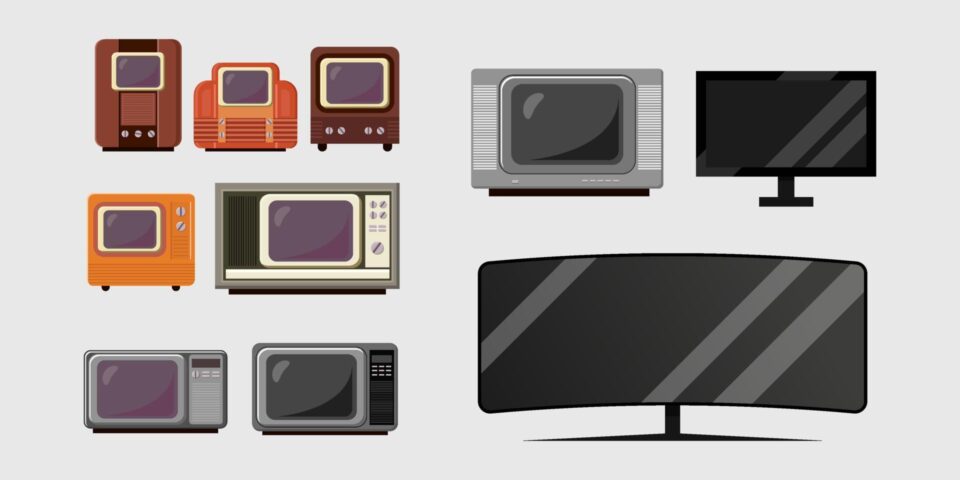Table of Contents
Introduction:
Television broadcasting has come a long way since its inception, and with the advent of the Internet, the landscape has witnessed a transformative shift. Traditional methods of broadcasting, such as cable and satellite, are now facing fierce competition from a relatively new technology known as Internet Protocol Television (IPTV). IPTV has emerged as a disruptive force in the industry, offering viewers a more personalized and interactive television experience. In this article, we will explore the evolution of television broadcasting and delve into how IPTV is leading the charge in reshaping the way we consume television content.
The Rise of Traditional Television Broadcasting:
Traditional television broadcasting, encompassing cable and satellite, dominated the industry for decades. Viewers relied on cable or satellite providers to deliver a predetermined selection of channels. This method offered convenience but lacked flexibility, as viewers had limited control over the content they consumed and the time at which they could access it.
The Internet Revolutionizes Television:
The proliferation of high-speed internet and advancements in streaming technology paved the way for a revolutionary change in television broadcasting. Over-the-top (OTT) streaming services like Netflix, Hulu, and Amazon Prime Video gained popularity, offering on-demand access to a vast library of movies and TV shows. This shift allowed viewers to break free from the constraints of traditional broadcasting schedules and watch content at their convenience.
Understanding IPTV:
Internet Protocol Television (IPTV) takes streaming to the next level by delivering television content through internet protocols. Unlike traditional broadcasting methods, IPTV uses the internet to transmit both live and on-demand content directly to viewers’ devices. It leverages internet connectivity to provide a more interactive and customizable viewing experience.
Advantages of IPTV:
IPTV offers several advantages over traditional broadcasting methods. Firstly, it provides a wider range of content options, with access to not only live TV channels but also on-demand libraries, catch-up TV, and exclusive digital content. Secondly, IPTV allows viewers to customize their content preferences, creating personalized playlists and recommendations based on their viewing habits. Additionally, IPTV supports interactive features such as pause, rewind, and fast-forward, enabling viewers to have greater control over their TV experience. Finally, IPTV eliminates the need for physical infrastructure like satellite dishes, making it more cost-effective and accessible to a larger audience.
IPTV’s Impact on the Broadcasting Industry:
IPTV has disrupted the broadcasting industry in multiple ways. It has facilitated the rise of numerous IPTV service providers that compete with traditional cable and satellite companies. These IPTV providers offer affordable packages, flexible subscription plans, and enhanced features, challenging the dominance of traditional broadcasting giants. Moreover, IPTV’s rise has compelled cable and satellite providers to adapt and incorporate internet-based streaming options into their offerings to remain competitive.
The Future of Television Broadcasting:
The future of television broadcasting undoubtedly lies in the realm of IPTV. With the increasing availability of high-speed internet worldwide and the proliferation of connected devices, IPTV is set to become the primary method of television consumption. As the technology continues to evolve, we can expect further advancements, including augmented reality (AR) and virtual reality (VR) integration, interactive advertising, and personalized content recommendations.
Conclusion:
The evolution of television broadcasting has been marked by the emergence of Internet Protocol Television (IPTV), which has transformed the way we consume television content. IPTV’s advantages, such as a wider range of content options, personalized viewing experiences, and interactive features, have propelled it to the forefront of the industry. While traditional cable and satellite broadcasting still have a presence, their dominance is being challenged by the flexibility and convenience offered by IPTV. As we move forward, IPTV is poised to shape the future of television broadcasting, ushering in a new era of personalized and interactive entertainment for viewers worldwide.

